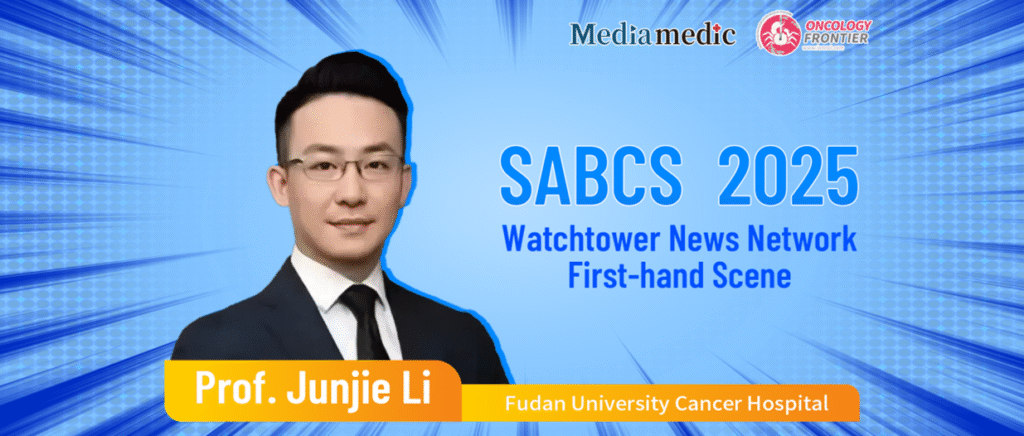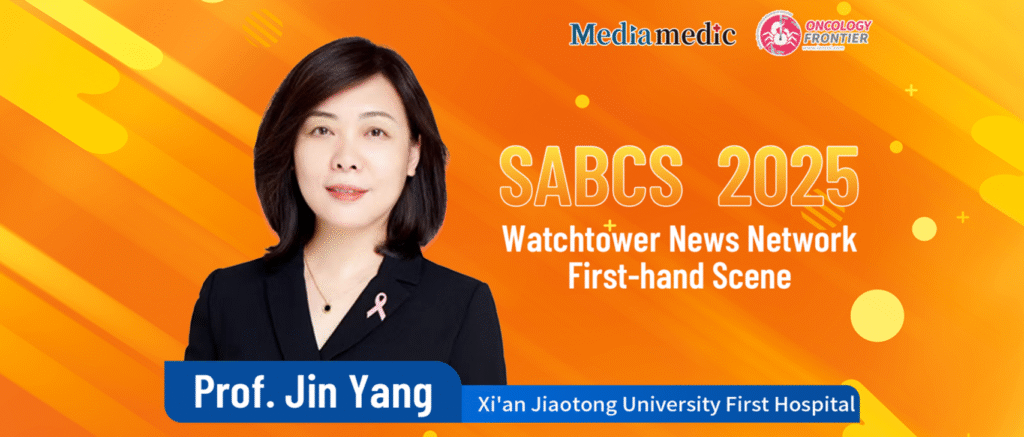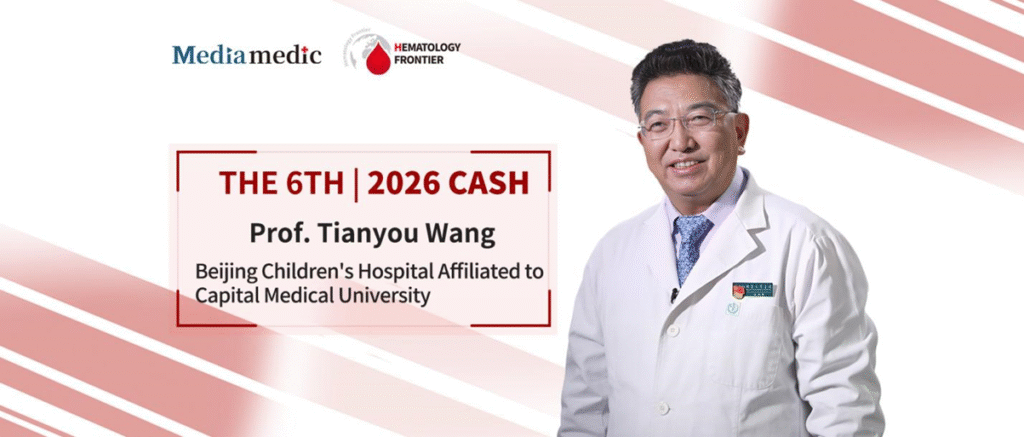SABCS 2025 Insight Broadcast丨Professor Junjie Li: Exploring Precision Biomarkers for Neoadjuvant Therapy in HER2-Positive Breast Cancer
Spotlight on SABCS, insights delivered live. The 48th San Antonio Breast Cancer Symposium (SABCS) was held from December 9 to 12, 2025, in San Antonio, USA, bringing together cutting-edge research findings and clinical insights from across the global breast cancer community. To efficiently convey the highlights of the meeting, this edition of Insight Broadcast invited Professor Junjie Li from Fudan University Shanghai Cancer Center as an on-site expert commentator. Focusing on neoadjuvant therapy for HER2-positive breast cancer, Professor Li provides an in-depth interpretation of the latest research advances on the use of biomarkers such as tumor-infiltrating lymphocytes (TILs) and circulating tumor DNA (ctDNA) to enable more precise patient selection and response prediction, while critically examining their potential, limitations, and future directions from a clinical perspective.










